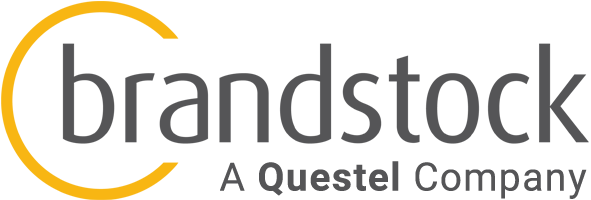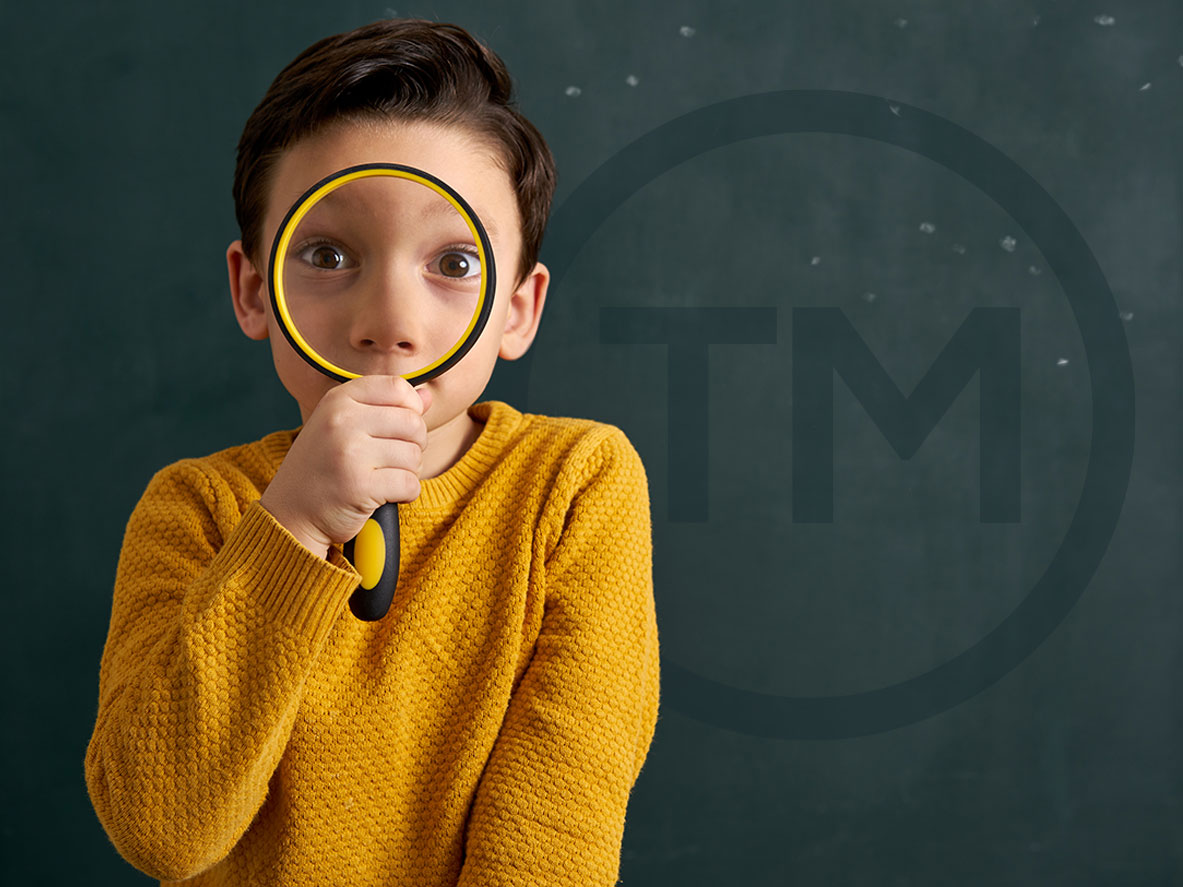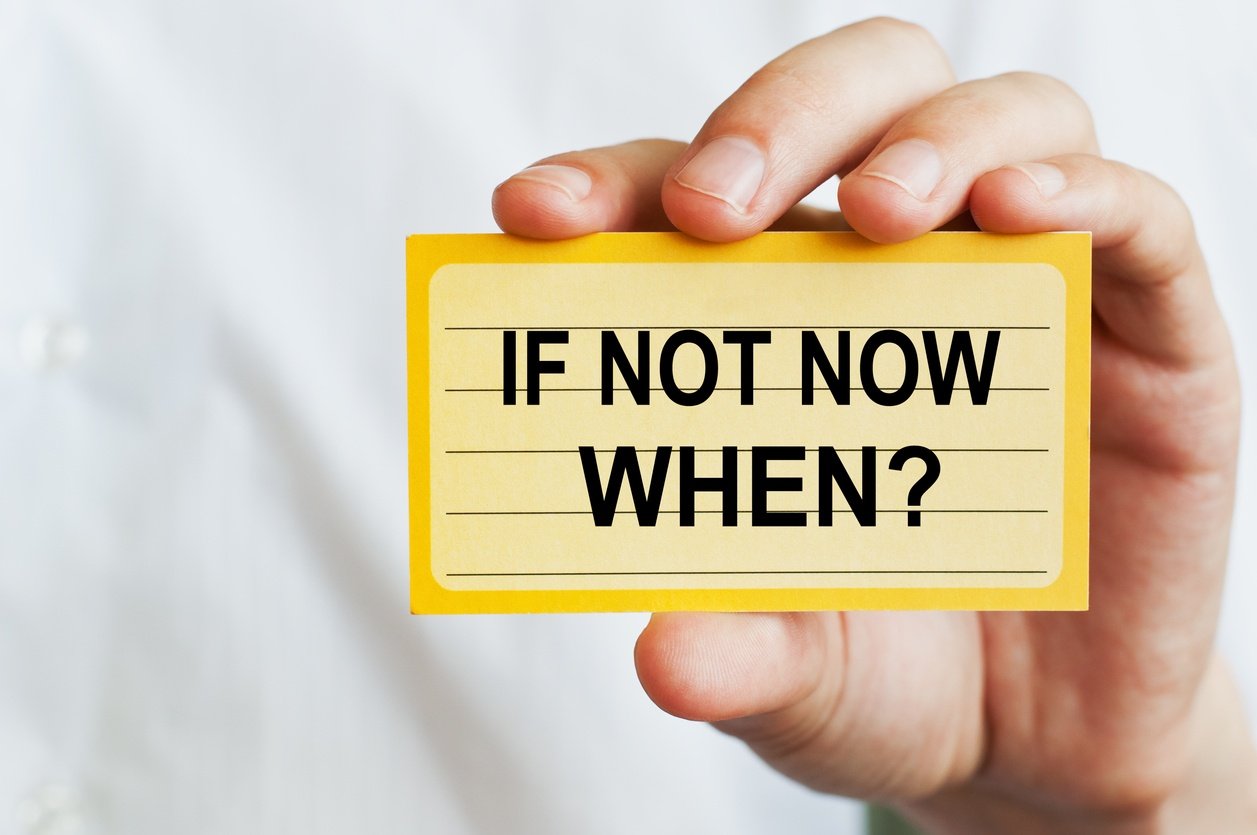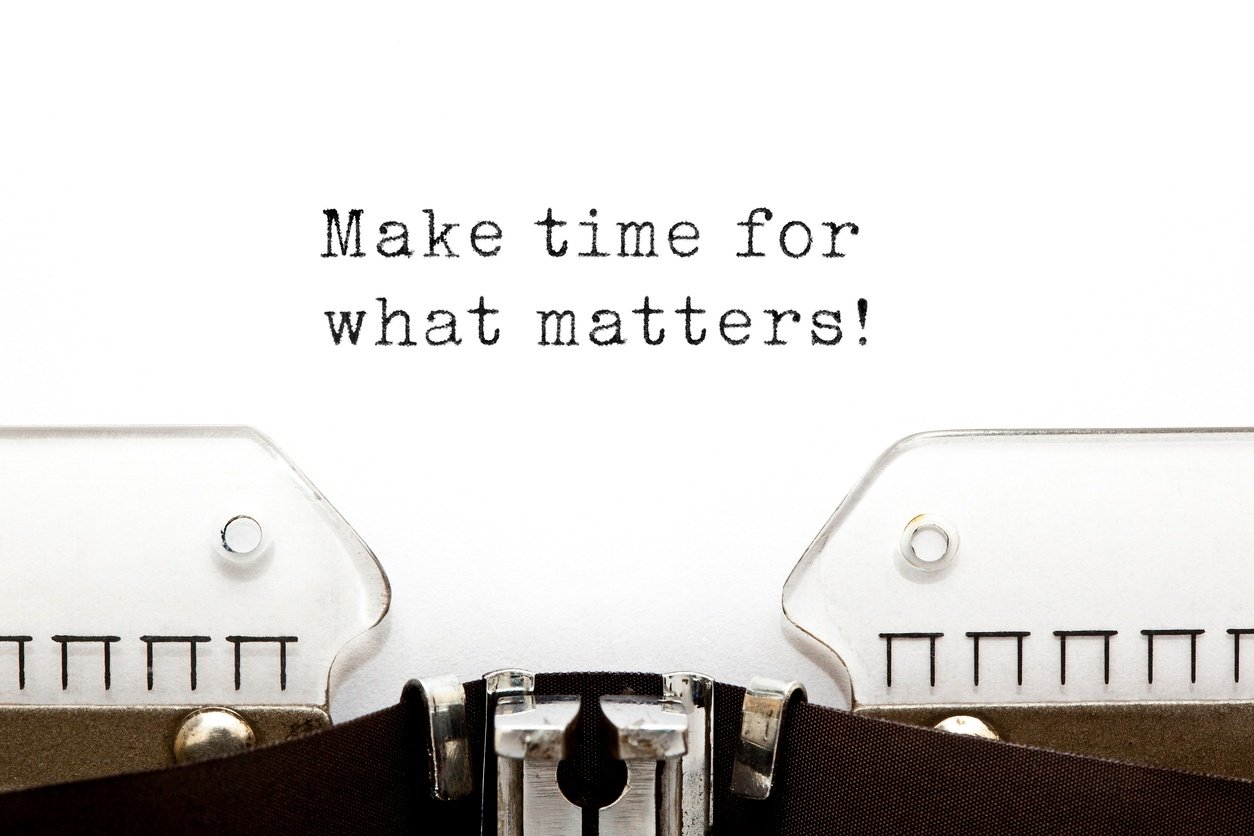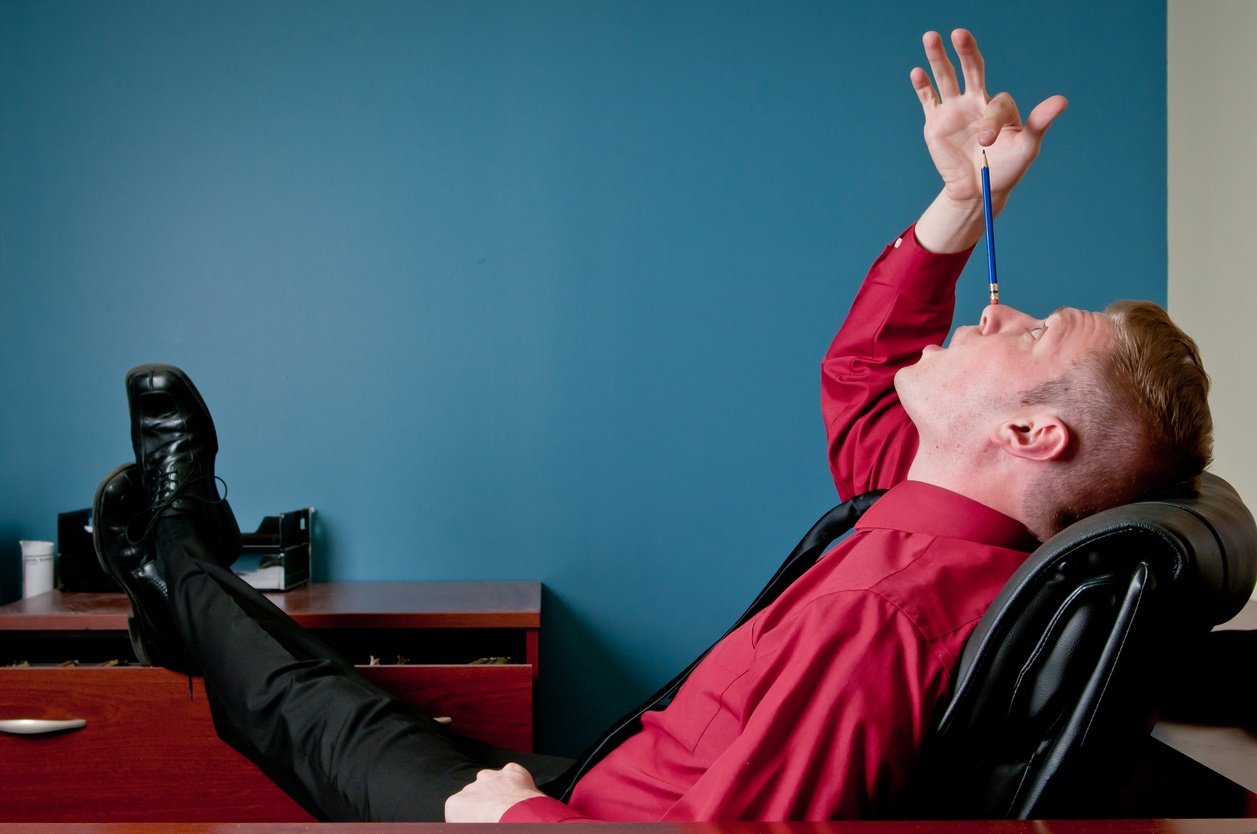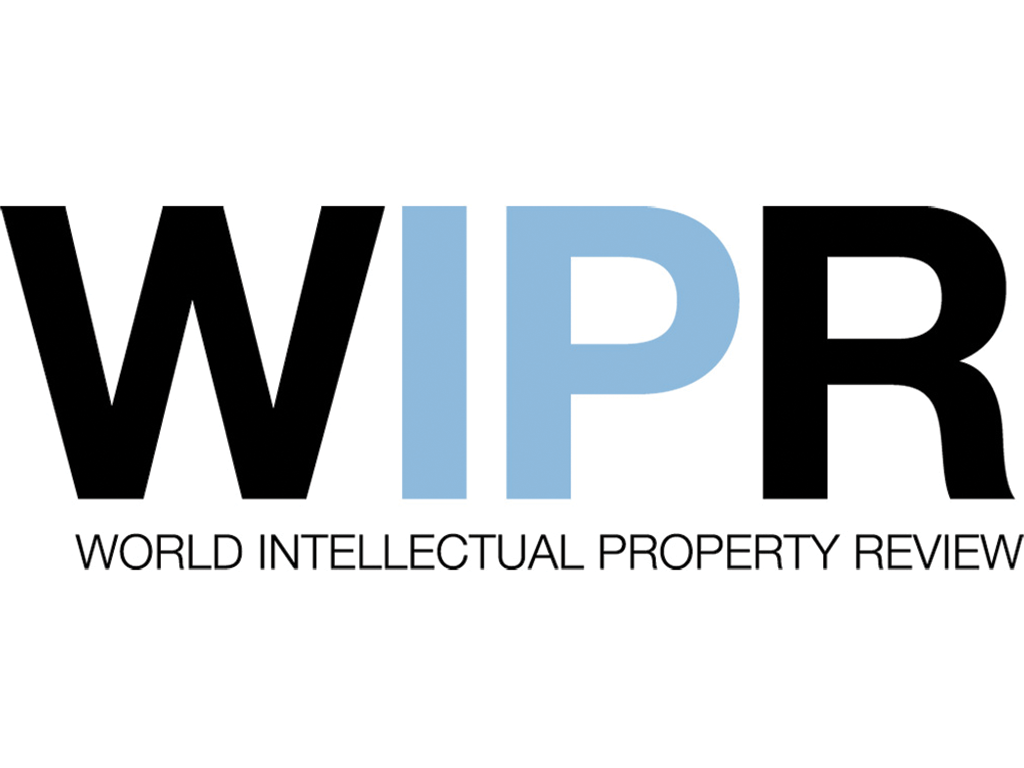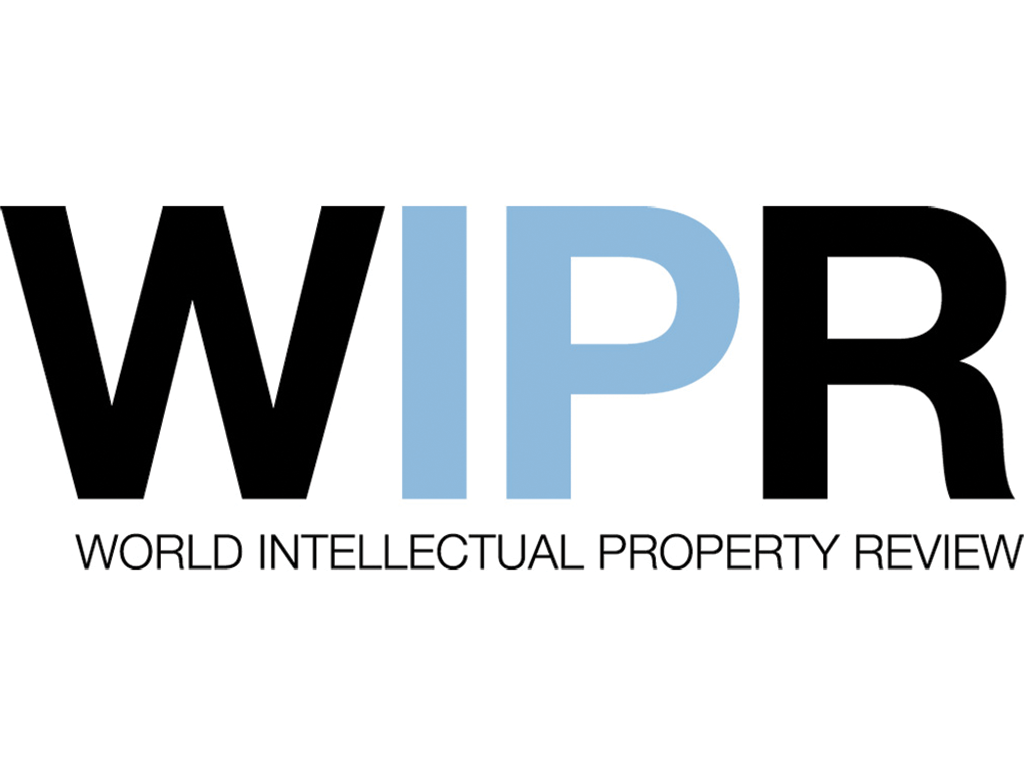When conducting a trademark search prior to registration of a new mark, many businesses choose to do this themselves, with the goal of making a cost saving. However, evidence to the contrary suggests that trademark searching is, potentially, more costly when conducted personally than if you hire external professionals to do it on your behalf.
Of course, trademark searching can be conducted entirely free of charge – however circumstances where this is advisable are extremely rare, and a business would have to be incredibly lucky to be able to conduct their trademark searches for free with no serious repercussions.
Many national intellectual property (IP) offices have online databases on which trademark searches can be conducted entirely free of charge. The issue is, however, that often conducting searches yourself using these resources alone will not provide a comprehensive enough search for your needs, thereby leaving your mark liable to be refused or latterly revoked if it is deemed to be confusingly similar to another.
Analyse competitors before registering your brand:
Get your 50% discount on the pre-screening search
It is for this reason that many businesses, when conducting trademark searches themselves, instead turn to commercial databases. Although far more comprehensive in their searching capabilities than national databases, commercial databases charge a fee. When conducting trademark searching yourself, using these commercial trademark databases can rack up costs – particularly as each new potential mark will require new searches.
However, the costs associated with the initial conduct of trademark searches yourself are only the tip of the iceberg when it comes to the costs involved. The greater financial costs are imposed because these searches are more likely to be conducted improperly – even if you choose to use commercial databases.
Trademark searching is an art requiring extensive experience and knowledge – choosing to do these yourself can prove incredibly costly if your chosen mark is refused registration. By the time you choose to conduct a trademark search, you should already have narrowed down your potential new mark – having reached this point alone will have taken a large amount of time and resources.
However, an improperly conducted trademark search may mean that you go ahead and apply to register your mark, as potentially confusingly similar marks slipped through the net of your search. Therefore the costs of both researching and filing to register your trademark will have been wasted – as your mark will be refused registration instantly.
These costs are not only limited to the time and money spent on the development of your mark and the payment of registration fees, but also include the fees paid to your IP agents during this process. Such a significant loss could mean that your budget no longer allows for the registration of a new mark, thereby losing your business an important IP asset.
Furthermore, the costs of conducting trademark searching yourself are not merely limited to financial losses – these costs can extend to the exclusivity and value of your mark. If your self-conducted trademark search does not flag up any confusingly similar marks, then you may go ahead with registration, whilst a more extensive search may have shown that registering your proposed trademark may not prove optimally successful, either due to the territory of proposed registration or other existing brands.
Under such circumstances your trademark would, of course, not be refused registration. It would, however, be less successful than if a more thorough search had been conducted and you had made changes to your proposal accordingly.
It is for this reason that expediting your trademark searching to external service providers can significantly decrease the overall costs involved with conducting trademark searches, both financially and in terms of your brands’ success. Of course, trademark searching services are not provided free of charge, however the fees required for professionals to conduct a thorough investigation into the suitability and availability of your proposed mark are nominal in comparison to the potential costs of doing this yourself.
